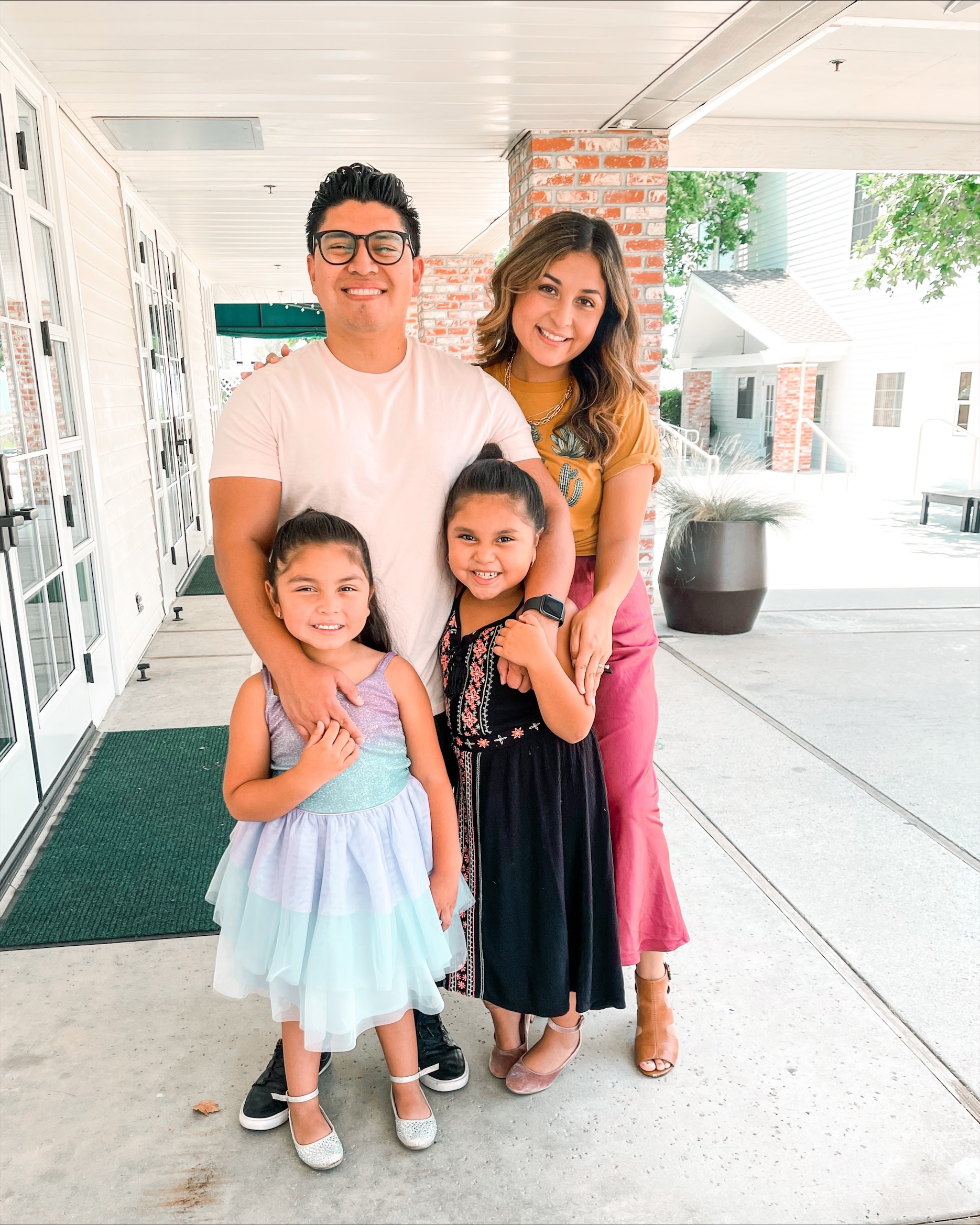
By Lisa L. McGloiry
1. National Hispanic Heritage Month is happening now. Can you tell us why you love to honor your heritage and what aspects you appreciate the most?
I love to honor my heritage because it tells a story of love and overcoming adversity. I am an immigrant, and my parents gave me the opportunity to come to America for a better life. When I look at my Hispanic culture, history, and its people, we are about love, family, good food, music, and that’s even before you add Christianity to the mix! However, there have been misconceptions about Hispanic-Americans here in the United States. Many times, Latinos and Latinas are represented negatively and misunderstood.
Personally, I lived in the shadows for much of my life, ensuring that I always did the right thing. I tried hard to fit in and didn’t want to make anyone uncomfortable when speaking Spanish. And yet, I’m proud of my journey and others like me who migrated here and whose experiences are similar to mine. That’s why I’m happy to participate in celebrating National Hispanic Heritage Month to express the richness of our heritage, culture, and history for all to know.
2. As a mother, what advice would you give other parents to help celebrate Latinos’ achievements and contributions in this nation and the world? Are formal conversations around a dinner table the best way, or casual, everyday moments or activities to immerse them in Hispanic history, culture, and language?
I would say it’s essential to look at your inner circle of friends. Does this reflect people of every color, nationality, and various languages? If it doesn’t, I encourage you to start there. I understand that it might be awkward as an adult to try to make new friends. Still, there is no better way to be an example to your children than by surrounding them with different people. One way to celebrate the Hispanic culture, is to gather together with others over Latin food and music while listening to the personal stories of Hispanic-Americans.
This simple act will show your children that you recognize someone else’s culture, language, or ancestry, so they want to learn more about it. In doing so, it will also help us as parents not to place ourselves in a position where we are intentionally or inadvertently not appreciating or valuing other cultures or giving our kids the impression that our particular race, ethnicity, or nationality is better than any other diverse group.
3. Why is celebrating other cultures so important within the body of Christ? Why do you feel that a multi-racial and multi-cultural church truly represents Jesus’ heart for all people?
I believe that one thing that The Church has struggled with is that there is almost this insinuation that Christianity is exclusively American. Oftentimes this results in us looking differently at how other cultures worship and embrace it. I think that as the Body of Christ we can always seek to improve how we appreciate and highlight other cultures within our own space of influence. As a body, we are diverse in age, race, and culture and so we should seek to connect, love, and welcome all of that as we serve the one true King. Representation matters, even more so when you are striving to represent Jesus’ heart for all people.